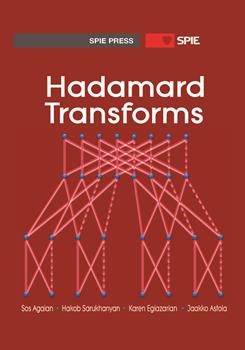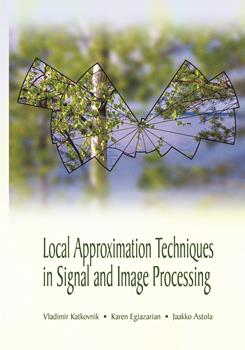
This will count as one of your downloads.
You will have access to both the presentation and article (if available).
This will count as one of your downloads.
You will have access to both the presentation and article (if available).
This half-day course presents a practical and application oriented overview of novel advanced image processing algorithms. Briefly the idea is as follows: the concept of adaptive local polynomial approximation (LPA) has been developed to deal with anisotropic signals. This type of method searches for a largest local star-shaped neighborhood where LPA fits well to data. It is typically applied in a point-wise manner and defines a nonlinear varying scale (window size and shape) adaptive filter. This adaptation is based on recent adaptive estimation results that have been obtained in mathematical statistics. Local versions of the local maximum/quasi likelihood are used for non-Gaussian models. Special algorithms have been designed for photon-limited imaging based on the Poisson distribution of data. Overall, the techniques covered in the course belong to the general class of nonlinear spatially adaptive filters and they demonstrate state-of-art performance and on many occasions visually and quantitatively outperform the best methods currently in use. A wide scope of imaging problems is considered: denoising Gaussian and non-Gaussian images, non-blind deblurring, blind multichannel deblurring, super-resolution imaging, denoising poissonian signals, multiresolution imaging, edge detection, color imaging, etc. The algorithms are implemented in Matlab codes and based on efficient frequency domain calculations.
View contact details
No SPIE Account? Create one



